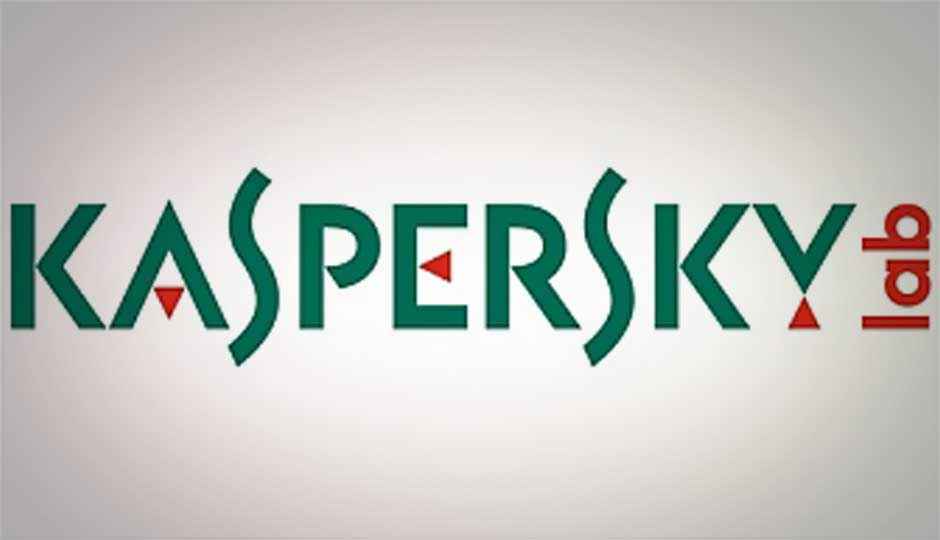Insights from Kaspersky Lab: Interview

We chat up with Kaspersky Lab's Harry Cheung to get some insights about the state of security in India.
I’m sure we’re all aware of Kaspersky Lab as a company, it’s a household name among security suite vendors. We had an opportunity to sit down with Mr. Harry Cheung, Managing Director, Kaspersky Lab – APAC, and discuss a few things related to the state of digital security in India and around the world. The conversation was insightful and following are a few excerpts from our exclusive interview:
Q) Who do you think is your nearest rival in the consumer market?
HC: There are many competitors in the Indian Antivirus space. Probably 30 players are present in the Indian AV space as Indian market has huge potential and some of the local players are probably doing just as well as ours. Apart from this in the current scenario, free and pirated software dominate the Indian market. Free and pirated software are estimated to have almost nearly 60% of the consumer market share. So lot of work need to be done in terms of customer education and awareness. But again it’s better to have more competition. More competition in this segment will benefit the end users as they will get the better security solutions. I strongly believe that with such a trend the piracy rate is likely to come down.
Q) As this year’s CES revealed, the future is full of Internet of Things — not just PCs. Smart refrigerators, smart homes, smart everything. The future malware threat landscape will obviously be complex and difficult to fight. How is your company and the security industry as a whole poised to counter this threat?
HC: At the present time, we detect some 200,000 new malicious programs every day. In the coming days there will be phenomenal increase in the use of mobile devices. Augmented reality devices will mostly replace today’s ultra-popular smartphones, laptops, PCs, etc. Life will be more dependent on the digital infrastructure. People will be connected to Internet 24/7. Ultimately, more and more content/data will be shared and stored offline and online including personal, financial information and online accounts info. Attacker will go where the users go and share their valuable information. So we can expect steep rise on the attacks on the mobile devices, cloud infrastructures and OS specific attacks like Android OS specific attacks.
Let me tell you that Kaspersky was first to identify Red October – elusive cyber-espionage campaign targeting diplomatic, governmental and scientific research organizations in several countries for at least five years. We were the first to report Flame – which was designed for Highly Targeted Cyber Espionage Operations, Duqu- sophisticated Trojan and Gauss which was designed to Monitor Online Banking Accounts. We have the most powerful product line available to safeguard users from the latest and evolving cyber threats. We are here to save the world! So we will continue to equip our solution with the innovative and efficient features to protect our users from cyber threats and criminals.
Q) In general, do people prefer free security software over paid ones? What sets Kaspersky apart from free security suites out there?
HC: We don’t recommend using free security software as your PC, personal data and other information are at stake. With the free security software you don’t know what you are getting, how they will work, how it will impact, is it genuine or not, risk involved, tech support assistance if required, etc.
Kaspersky Security solutions are the best available solution to protect your devices (Please refer to the reports from AV Comparatives, AV Test, VB 100, etc., independent testing reports). We have a track record of 15 years and customer base of 300 million users worldwide. We have strong product line that are able detect threats proactively and offer real-time protection by combining cloud-based functionality and powerful security technologies that run on your PC and deliver more effective defence against today’s increasingly complex threats.
Q) Why is India consistently ranked as the top spam-producing nation in the world? Is something fundamentally wrong here?
HC: Spam levels have decreased. India is not at the Top! It’s China. Let me quickly take you through the spam report for 2012 – At the close of 2012, the percentage of spam settled at 72.1%, or 8.2% less than in 2011. There has been continual and considerable decrease in spam volumes which is unprecedented. Moreover, the average percentage of spam in 2012 was substantially lower than in 2010 (82.2%) and 2011 (80.3%). 2012 saw some major changes among the countries from which spam originates.
China, which was not even in the Top 20 sources of spam in 2011, took first place in 2012, accounting for 19.5% of all spam. Spam originating in the US increased 13.5 percentage points, to 15.6% – enough to take second place. Asia remains the leading region for spam distribution. But the interesting fact is China took first place while the previous leaders in that region such as India, Indonesia, and South Korea lost ground.
To conclude, In 2012, the percentage of spam decreased over the course of the year, and during the final three months of 2012, the percentage of spam remained below 70%. This drop is one result of the gradual departure of advertisers from spam to other, more convenient and legal means of promoting goods and services. India is not on the top of the list!
Q) Are there any particular business challenges you are facing that are unique to India?
HC: The government taxation policies are not clear for the software industry. Secondly, India has a piracy rate close to 65-70% so there is huge loss.
Q) On a scale of 0 to 10 (0 = Worse than worst, 10 = Better than best), how do you rate the average Indian’s awareness of security software?
HC: The maximum percentage of Indian Internet users are mostly young and it is our experience that these youngsters are fully aware about the security software; we have seen this being demonstrated in full spirit by the college students during our STOP Think Connect campaign being currently run in association with Data Security Council of India. The youngster’s knowledge about Internet safety is really commendable. I put the awareness at 6 to 7.
All answers credited to Mr. Harry Cheung, Managing Director, Kaspersky Lab – APAC.


